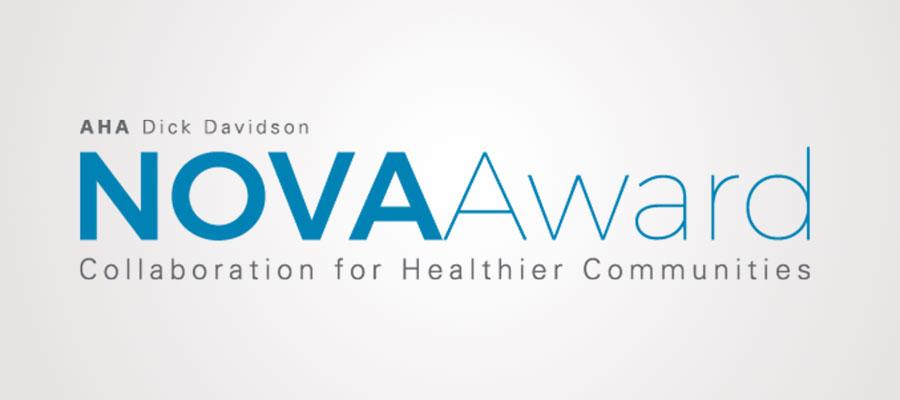Helping children and families overcome and prevent violence

Violence was identified as a community health need for Milwaukee County in 2016, but that was not news to the Children’s Hospital of Wisconsin (CHW) in Milwaukee.
CHW launched a campaign against violence two decades ago when it founded Project Ujima, aimed at stopping the cycle of violent crimes through individual, family and community interventions and prevention strategies.
“About 20 years ago, one of our emergency department (ED) physicians recognized recidivism among kids coming to our emergency department due to violent events in their lives,” said Peggy Troy, the hospital’s president and CEO. “Kids were coming back a year or two later as victims of violence, and we knew we could do better.”
Project Ujima is one of the first such programs in the nation. Its name comes from the Swahili word meaning “working together,” and that’s exactly what Project Ujima does as it serves families across Milwaukee County.
“Project Ujima was an opportunity for us to look at the root causes that led up to a child’s experiencing a violent situation,” Troy said. “How do we work with the family and the community and the school, etc., to make sure we don’t see these kids back in for a similar and sometimes more devastating injury?”
Project Ujima serves about 300 youths every year. The 18-month program is tailored to a family’s needs and may include home visits, group therapy and art projects.
“This goes deep,” Troy said. “What led up to the violent situation? How do we get that family on its feet and into resiliency? It’s jobs, it’s housing, it’s food stability. There are many aspects to this.”
A recent collaboration brought together Project Ujima participants and staff with the University of Wisconsin–Milwaukee Peck School of the Arts students on two community art projects: a peace banner and the peace paper project.
During the spring semester of 2018, participants created a 3-by-50-foot banner that explored how violence affects our society and what they could do to change it. The banner blended art, portraiture and testimony with such phrases as, "I am better than this” and “My past does not define me.”
The peace paper project is an international community arts initiative that uses traditional paper-making as a form of trauma therapy, social engagement and community activism. During the fall semester of 2018, Project Ujima participants created their own paper. Youths brought clothing that was meaningful to them and transformed that clothing into paper. The paper became the backdrop for their portraits and quotes. Some of the quotes they chose were:
- “Live, learn, forgive.”
- “Judgment becomes permanent justice.”
- “Can’t speak for the future.”
- “Smart, kind, faithful, strong.”
Bridget Clementi, CHW vice president for community health, said many participants in the peace banner project “talked about how important this was for them to reduce the judgments and stereotypes they often felt when people realized they were victims of violence.”
After participating in Project Ujima, youth victims of violence showed improvements in such measures as psychological well-being, anger, anxiety and depression. The rate of ED recidivism for Project Ujima participants has remained below 3% since 2004, compared with a much higher national average for youth violence survivors who are not in similar programming. The difference in recidivism demonstrates that the program is successful in preventing repeat victimization.
Launching such a program requires an “enormous amount of work and dedication, but the benefits are worth it,” Troy said. “You need to know your community resources. This is as much about outside your walls as it is inside your walls. You have to have a very robust relationship with community partners.”

